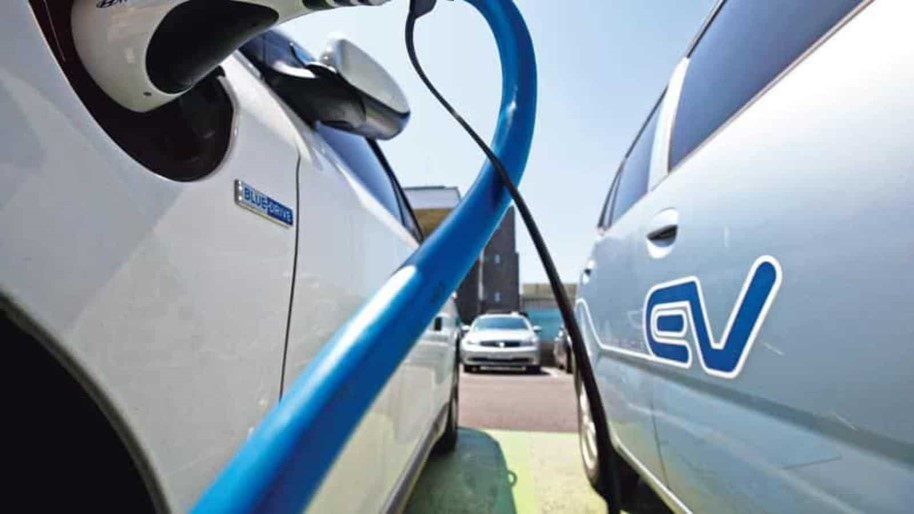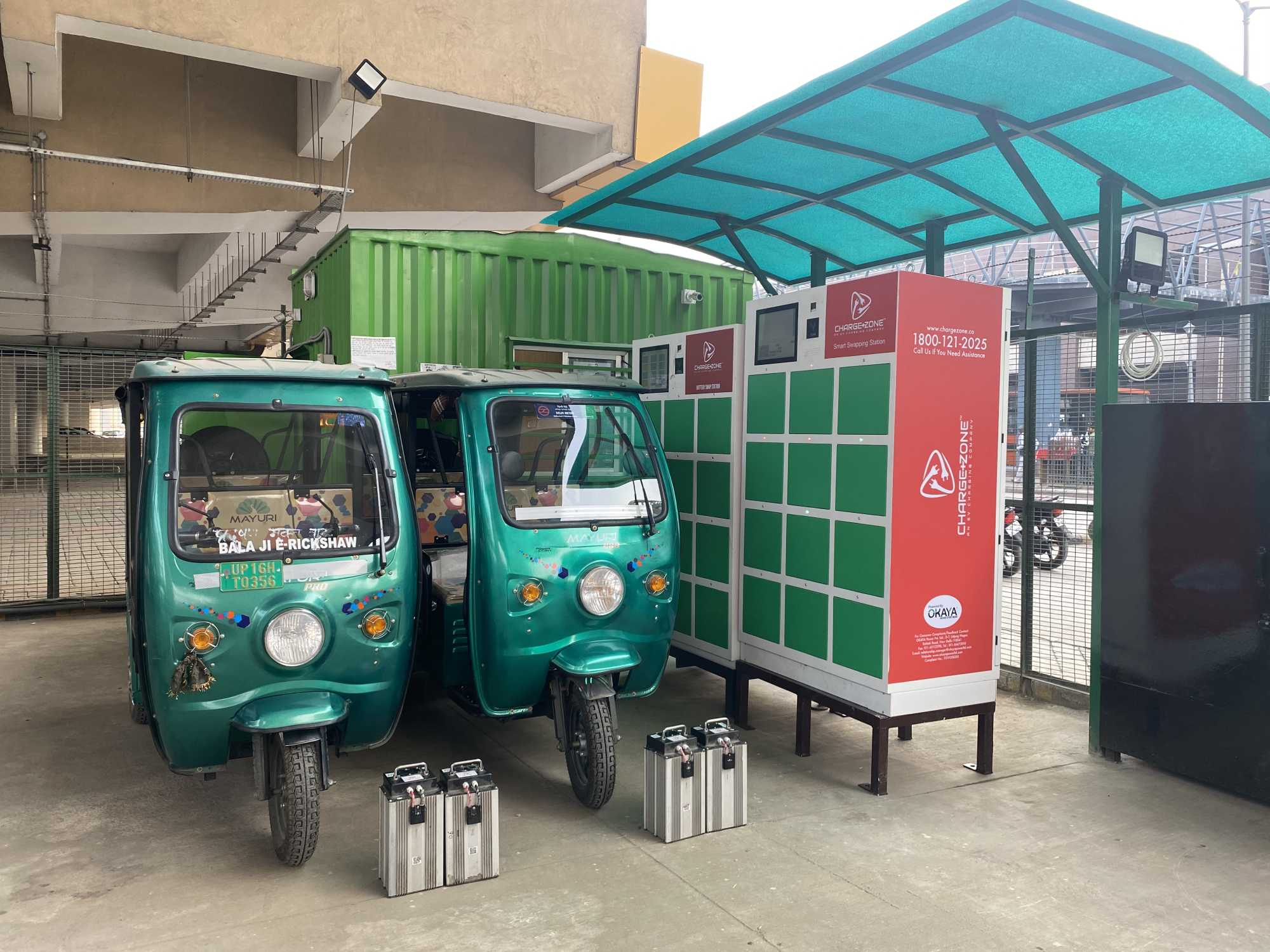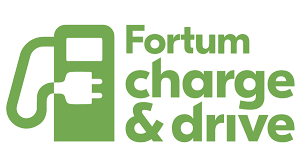
Changing Infrastructure for Electric Vehicles in India – Guidelines & Standards
The adoption of electric vehicles in growing in India. Many states has issued their Electric Vehicles (EV) policy to promote the adoption and bring out the cost. Further, many cities are inducting large fleet of electric buses. The charging infrastructure plays a key role in the adoption of electric vehicles.

National Policy on Charging Infrastructure for Electric Vehicles
Ministry of Power, Government of India has released the new guidelines and standards for the charging infrastructure. The some key points are as follows:
- Public Charging Stations (PCS) – The government allows any entity or individual to setup public charging stations, subject to meeting technical, safety, and performance standards & protocol by the respective agencies. This will enable private investment in the charging infrastructure.
- Online booking – Charing Stations should be connected with atleast one online Network Service Providers (NSPs) to enable advance remote / online bookings of charging slots by EV owners.
- Fast Charging Stations (FCS) – Public charging infrastructure for long range or heavy duty EVs (like trucks, buses) should have atleast two chargers of minimum 100 kW (200-750 V or higher) each of different specifications (CCS / CHAdeMO Chargers / BIS).
- Location of PCS – Atleast one charging station shall be available in a grid of 3 km X 3 km. Further, one charging station shall be setup at every 25 km on both sides of highway/ roads. Similarly, fast charging station should be available at every 100 km on each side of highways / roads.
- Retail Stations – The federal / state / UT governments may allow to existing retail outlets of Oil Marketing Companies (OMCs) for the installation of Public EV Charging stations.
- National Database – Bureau of Energy Efficiency (BEE) shall create and maintain a national online database of all the public charging stations and provide access to public through website/app etc.
- Energy Charges: The utilities should supply electricity to EV Public charging stations at “average cost of supply” till 31 March 2025. The government will offer funding to utilities through Revamped Distribution Sector Scheme (RDSS).
- Service Charges: The state government shall fix the ceiling of service charges to be charged by such PCS / FCS. This will have negative impact on the quality of service as pricing should be decided by the market.
- Land Availability – The government allows the state government / public companies to offer lands to public companies / entity to setup charging infrastructure at fixed rate of INR 1/kWh for a period of 10 years.
- Rollout Plan – The following phasing plan is prepared as national priority for rollout of EV Public Charging Infrastructure:
- Phase 1 (1-3 years): All mega cities (Mumbai, Delhi, Bangalore, Hyderabad, Ahmedabad, Chennai , Kolkata, Surat and Pune) with population of 4 millions+ and all expressway & highways connected to mega cities
- Phase 2 (3-5 years): Big cities like State capitals & UTs, and all highways connected to these cities
- Nodal Agency – Bureau of Energy Efficiency is appointed as central nodal agency for the rollout. Each state will nominate nodal agency from their respective state.
Our Recommendations:
The policy framework for electric vehicle charging infrastructure is a positive step forward. This will allow for more private sector investment in the sector. However, based on your research, we’d like to make the following suggestions:
- The condition of a price ceiling on service charges will limit market competition. People are willing to pay for varying levels of service quality and experience.
- Currently, the government is promoting charging infrastructure in tier I and tier II cities. However, since travel distances are generally shorter in smaller towns and cities, electric vehicles (particularly two-wheelers and commercial vehicles) may be early adopters. Many people in small towns and cities are buying their first vehicle. It is easier for them to push for electric vehicles.
- The government should create an open (anonymous) database that shows the sale of electric vehicles in different districts down to the Pincode level. This will help in the planning of charging infrastructure as needed.
- All vehicle manufacturers in China are required to share vehicle data and location data for all electric vehicles (personal and commercial) to a government server. There are significant privacy concerns. The consolidated anonymous journey data of electric vehicles, on the other hand, can play a significant role in the establishment of charging infrastructure.

Current State of Charing Infrastructure in India
Government of India (GoI) is providing incentives under FAME (Faster Adoption and Manufacturing of (Hybrid &) Electric Vehicles), allocated around $100 million in 2021-22. The government sanctioned 2,877 Electric Vehicle Charging Stations in 68 cities across 25 States/UTs and 1576 charging stations across 9 Expressways and 16 Highways under Phase II of FAME India Scheme. The government is planning to set up at least one EV charging kiosk at around 69,000 petrol pumps across the country to induce people to go for electric mobility. 350 new charging stations has been installed so far in cities like Chandigarh, Delhi, Jaipur, Lucknow, and Bangalore.
Some of the startups which will get benefit under this scheme:

- Chargegrid is a brand established by Magenta Power. The company has setup a charging infrastructure network across the country and planning to set up close to 4,000 charging stations in Maharashtra.
- Megenta entered into agreement to setup charging infrastructure stations at Parel Railway Station, as well as, HP Petrol Pump to cater to all kinds of EVs, including second-generation four-wheelers EVs.

- Charge & Drive is a brand established by Fortum, a Finnish energy company. The company has a cloud-based network of power stations supported with an application.
- The company recently entered into partnership with Plug Mobility (Carzonrent India) to set up 3200 charging points (DC001 and CCS Charging Point chargers) in 79 cities and towns across India in the next 5 years.

- Charge+ Zone is a brand established by TecSo ChargeZone (P) Ltd. The company is planning to setup network of 1,500 AC-Type2 EV charging and intercity Fast DC charging points.
- Charge+ Zone works with Original Equipment Manufacturer(OEM) agnostic charging network with its app-driven unmanned charging stations and key clients include BluSmart, Ashok Leyland etc.

- PlugNgo is a brand established by EV Motors India Pvt.Ltd. for the development of Public Charging Network in India. The company is charging two types of charger – DC 50 kW with three guns (CCS2 + CHAdeMO + Type 2 AC) and DC 30 kW with 2 Guns (Both GB/T).
- PlugNgo signed an agreement with power utility company in Delhi (BSES) to install and maintain charging infrastructure. The company is planning to install 6500 Charging Outlets in India in 5 years.

- EVRE is a brand established by Amplify Cleantech Solutions Pvt. Ltd. The company follows Energy-as-a-Service (EaaS) model, offering public and fleet charging infrastructure with 700 charging stations with over 50 hubs in 12 cities.
- The company is working with other key players including Mahindra Logistics, Zyngo, LetsTransport, MoEVing, Park+, Meru and amongst others to support their fleets countrywide EV charging infrastructure. Further, it is working with Hiranandani and Mahindra Lifespace Developer to build EV-enabled residential and commercial townships.

- Uznaka is a brand established by Uznaka Solutions Private Limited. The company manufacturers charging equipment and sets up EV stations for clients and supports e-mobility services in Tier II and III cities.

- EVPlugin Charge is a brand established by Khosla Capital Solutions Pvt. Ltd. to install charging infrastructure at home and public spaces. Currently, the company has a small network of charging stations in hotel and malls.
Sorry, the comment form is closed at this time.



Marietta
Greetings! Very useful advice within this post! It is the little changes that will
make the greatest changes. Thanks for sharing!